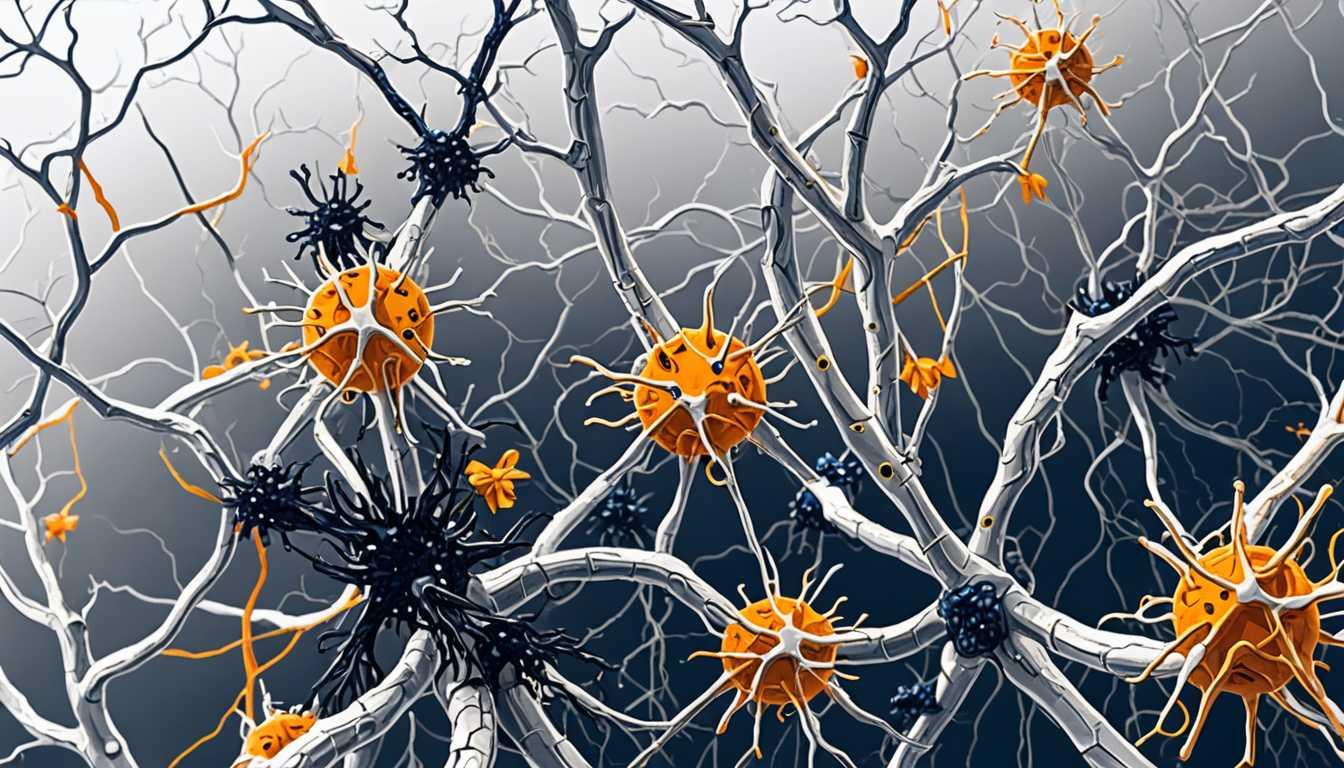Antibiotics: Bacteria's Gym Pass
August 2023
Imperial College London
Introduction
Dive into the world of gut bacteria with Imperial College London's latest discovery: antibiotics might be gym memberships for antibiotic-resistant bacteria! This research unpacks how these tiny troublemakers bulk up in the gut, potentially leading to tougher infections. With a mix of human and mouse studies, scientists are on the trail of new treatments to bench these bacterial bullies. Ready to explore how our microscopic friends and foes battle it out? Let's get microscopic!
READ FULL ARTICLEWhy It Matters
Discover how this topic shapes your world and future
Battling the Unseen Enemies Within
Imagine your body as a bustling city, where 'good' bacteria help keep everything running smoothly, much like the city's workers. Now, think of antibiotics as a powerful storm that can knock out not just the 'bad' guys causing infections but also these helpful citizens. The aftermath? A perfect playground for antibiotic-resistant bacteria, tiny but mighty villains, to thrive and plot against us. This scenario isn't just a figment of imagination—it's happening in our guts, and it's a big deal globally. Understanding this can help us fight back against diseases that are becoming harder to treat, making your future safer and healthier. Plus, it's pretty cool to think about how we can outsmart these microscopic troublemakers, right?
Speak like a Scholar
Antibiotic-resistant bacteria
These are bacteria that have evolved to survive treatments with antibiotics, the medicines we usually rely on to kill them.
Microbiome
This term refers to the community of microorganisms, including bacteria, that live in a particular environment, like your gut.
Metabolites
These are substances produced during metabolism. They can be nutrients that feed bacteria or waste products that can inhibit their growth.
Broad-spectrum antibiotics
A type of antibiotic that can kill or inhibit a wide range of bacteria, both good and bad.
Pathogenic bacteria
Bacteria that can cause diseases in humans or animals.
Microbiome therapeutics
Treatments designed to positively change the microbiome, such as by adding beneficial bacteria or substances that can inhibit harmful bacteria.
Independent Research Ideas
The role of diet in shaping antibiotic resistance in the gut microbiome
Investigate how different types of diets might influence the growth of antibiotic-resistant bacteria in our guts. This could uncover connections between what we eat and our vulnerability to infections.
Exploring the world of metabolites
Dive into the specific metabolites that beneficial gut bacteria produce and how they inhibit the growth of pathogenic bacteria. It's like uncovering the secret weapons our body uses to protect us.
The impact of antibiotic use in agriculture on human health
Examine how the use of antibiotics in farming might contribute to the rise of antibiotic-resistant bacteria in the environment and eventually affect human health.
Developing new microbiome therapeutics
Imagine creating a new treatment that could help our guts recover from antibiotic use and prevent the growth of dangerous bacteria. What would it look like, and how would it work?
The superhero bacteria of our gut
Identify which 'good' bacteria are best at competing with antibiotic-resistant bacteria for nutrients and inhibiting their growth. It's like finding the superheroes within us that protect us from the bad guys.
Related Articles

Itch Mystery: Bacteria Unveiled
November 2023
Harvard University

Ant Honey: Ancient Healer, Modern Marvel
July 2023
Phys Org

Vaccines That Teach Peace
September 2023
MIT Technology Review

Snipping Away Cancer's Cloak
August 2023
Stanford University

Gentler Battles Against Childhood Cancer
September 2023
University of Cambridge